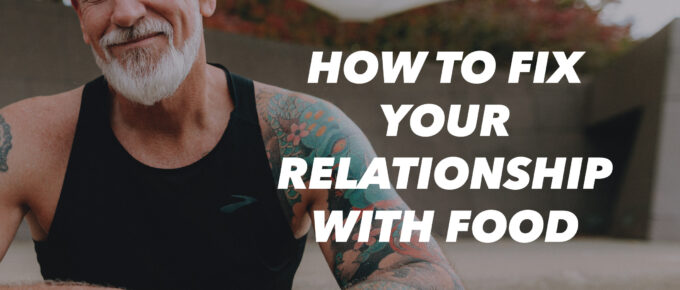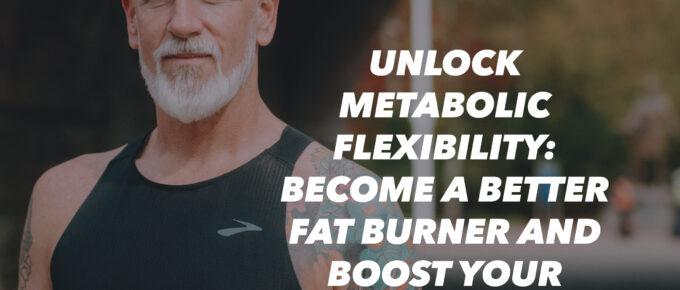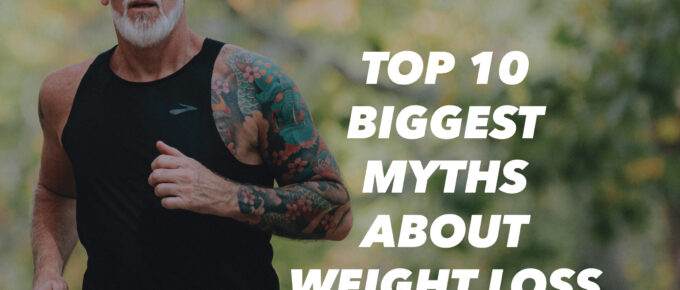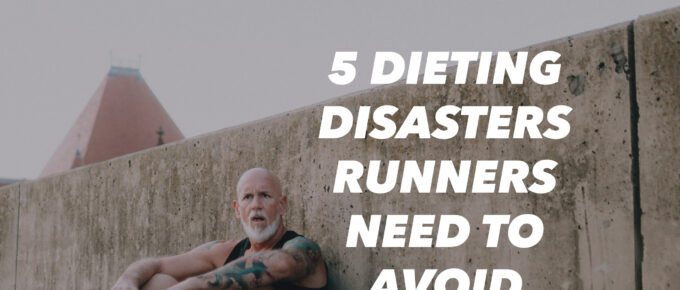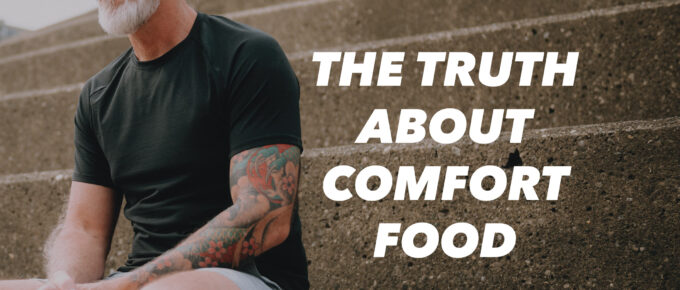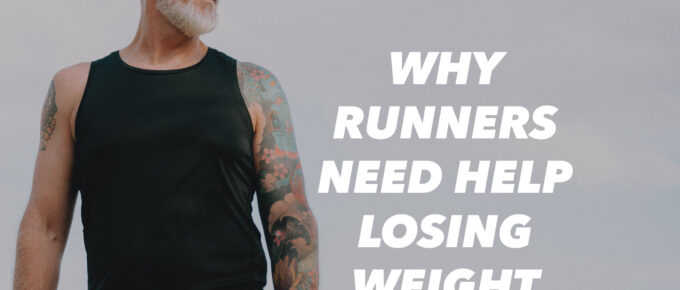Are you constantly stressing about what to eat, feeling guilty after meals, or using running to "earn" your food? You’re not alone — and it’s time for a change. In this week’s episode of the …
Continue Reading about 280. How to Fix Your Relationship with Food →

